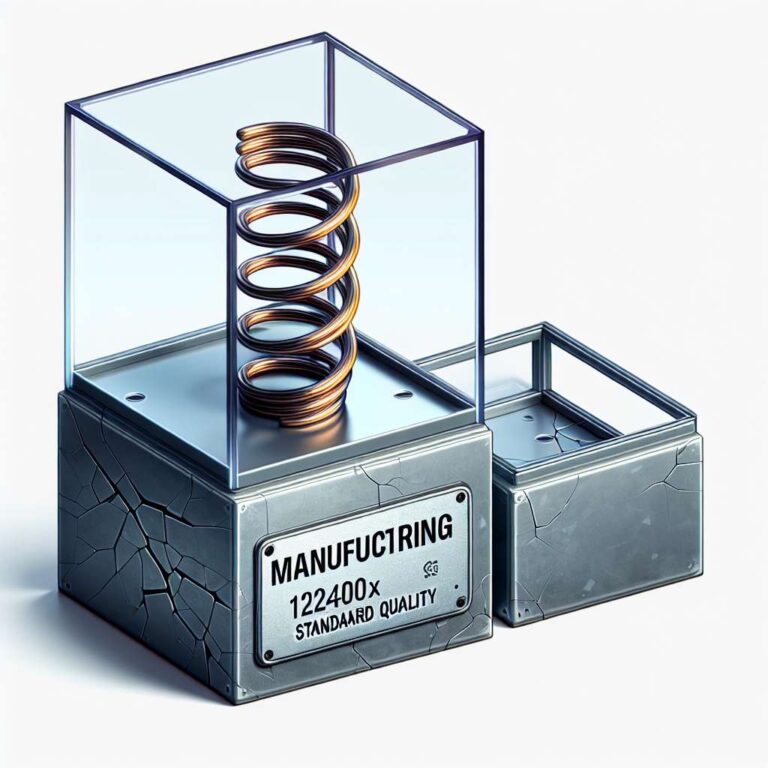Four former Intel board members issued a joint statement urging a radical restructuring of the company that stops short of demanding an immediate ouster of the CEO. Charlene Barshefsky, Reed Hundt, James Plummer, and David Yoffie said shareholders should decide the fate of CEO Lip-Bu Tan but argued that Intel needs a dramatic break: spin off the manufacturing arm into an independent company with its own CEO and board. The proposal aims to restore competitiveness and address what they call an urgent national security imperative tied to advanced chipmaking.
The directors urged that remaining CHIPS Act funds be directed to the new foundry entity to help it scale and win orders from American design firms. The stated goal is explicit: create a credible alternative to TSMC for cutting edge logic nodes used in data centers, commercial systems, and national security applications. They pointed to Intel´s long slide relative to rivals such as Nvidia, TSMC, and others, and noted the company has cycled through four CEOs in seven years without reversing the decline in market position.
The statement lands amid heightened scrutiny after President Donald Trump publicly called Tan ´conflicted´ over prior investments tied to Chinese firms, prompting a swift rebuttal from Tan and a market reaction that included a roughly 3 percent stock dip. Tan posted a letter to staff saying misinformation had circulated about his career and that he is working with the White House to provide facts, while asserting the current board is fully supportive of Intel´s plans and investments. The episode follows public warnings from Sen. Tom Cotton about potential ties between some investments and Chinese military-linked entities.
Intel has pushed back in public statements, emphasizing 56 years of U.S. manufacturing, its Arizona fab plans, and claims to be the only company investing in leading logic node development in the U.S. The former directors framed their call as pragmatic: separate governance, capital, and management for manufacturing to attract orders, secure CHIPS Act support, and make the new foundry globally competitive. A correction appended to the reporting notes the former directors asked that shareholders, not the group, decide any CEO change.

